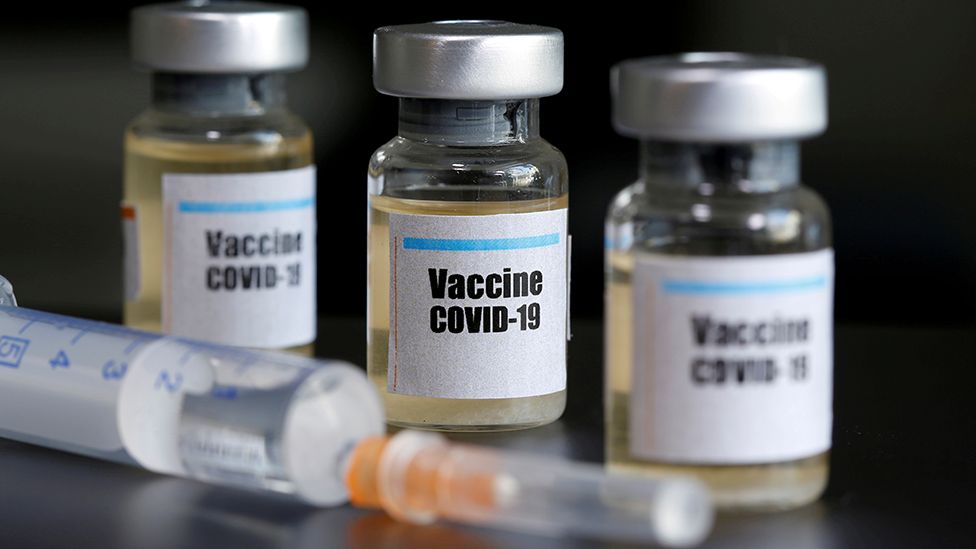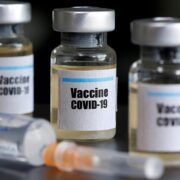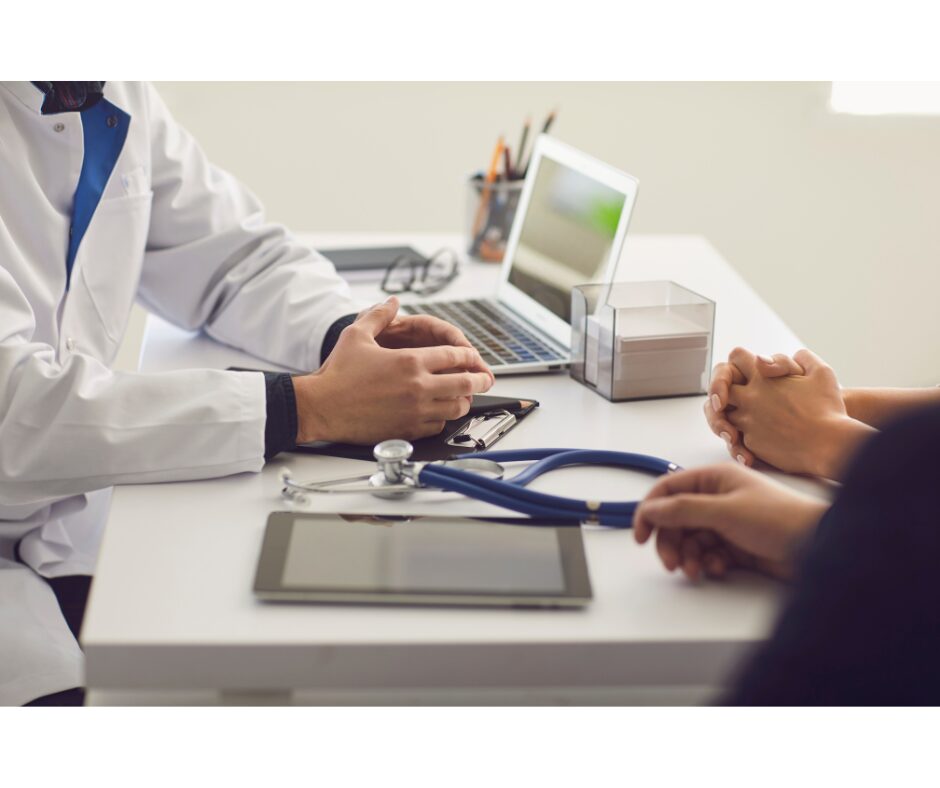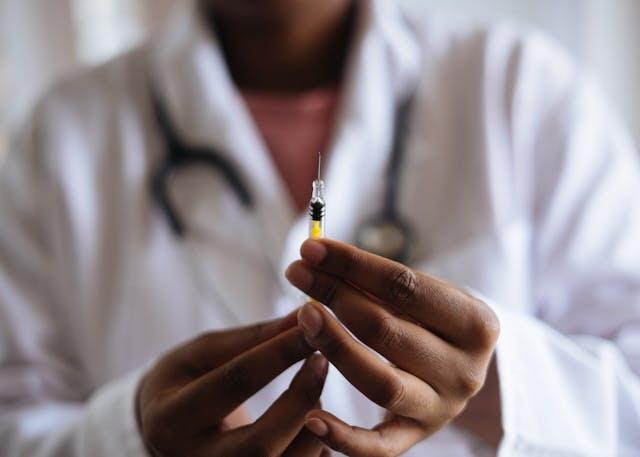 by Ethnic Media Services
by Ethnic Media Services
DR. Dali Fan, Health Science Clinical Professor at UC Davis, is also a volunteer vaccinator at a clinic on the California Northstate University campus in Elk Grove, California. In this FAQ, Dr. Fan addresses the most common questions asked by his patients regarding the COVID-19 vaccine. Three brands of the vaccine are currently available in the U.S. – the two-dose Pfizer and Moderna vaccines, and the single-shot Johnson and Johnson: all three have similar levels of efficacy.
Q: Where can I get the vaccine? And how do I know if I am eligible?
A: Find out when and where you can get vaccinated by signing up at MyTurn.ca.gov, where information is available in 12 languages. For those without internet access, appointments can be made by calling (833) 422-4255. The hotline is available in English with third party translators available in more than 250 additional languages. Individuals also can contact their primary care physician, local pharmacy, or local public health department.
Starting today, all California residents over the age of 50 are eligible to get vaccinated. On April 15, eligibility will expand to everyone 16 and older. We encourage everyone to get vaccinated when it’s your turn with any of the three COVID-19 vaccines available, all of which are safe, effective and have undergone rigorous clinical trials.
Once you are eligible, log into MyTurn.ca.gov to find an available appointment.
Appointments fill up quickly, so keep checking back. Vaccine appointments are most plentiful in remote areas, so if you have transportation, check in those areas.
Check with your local health department for mega sites run by the state and FEMA, and pop-up sites run by community health organizations. Kaiser members can schedule an appointment at kp.org. People can also call their family doctors.
The California state COVID information line is: 833-422-4255. Please note that this service cannot schedule appointments.
Q: What documents do I need?
A: Take your ID card or some form of identification. Vaccine distribution is based on eligibility irrespective of residency or immigration status.
Q: If I get the vaccine, how long will the immunity last?
A: At least 6 months. Longer immunity is likely, but there is no data yet, as the COVID vaccine has not been studied for longer than that.
Q: Will I need another booster shot later in the year?
A: Most likely not, though scientists are studying the necessity of a booster shot.
Q: Can pregnant women take the vaccine?
A: Yes. The CDC recommends that if you are pregnant, you may choose to be vaccinated when it’s available to you.
Q: What is the effect of the vaccine on the fetus?
A: There is no known effect of the vaccine on the fetus. And there is currently no evidence that antibodies formed from COVID-19 vaccination cause any problem with pregnancy, including the development of the placenta.
People who are trying to become pregnant now or who plan to try in the future should also receive the COVID-19 vaccine when it becomes available to them. There is no evidence that fertility problems are a side effect of any vaccine, including COVID-19 vaccines. There is no routine recommendation for taking a pregnancy test before you get a COVID-19 vaccine.
If you have questions about getting vaccinated, talk with a healthcare provider to help you make an informed decision.






